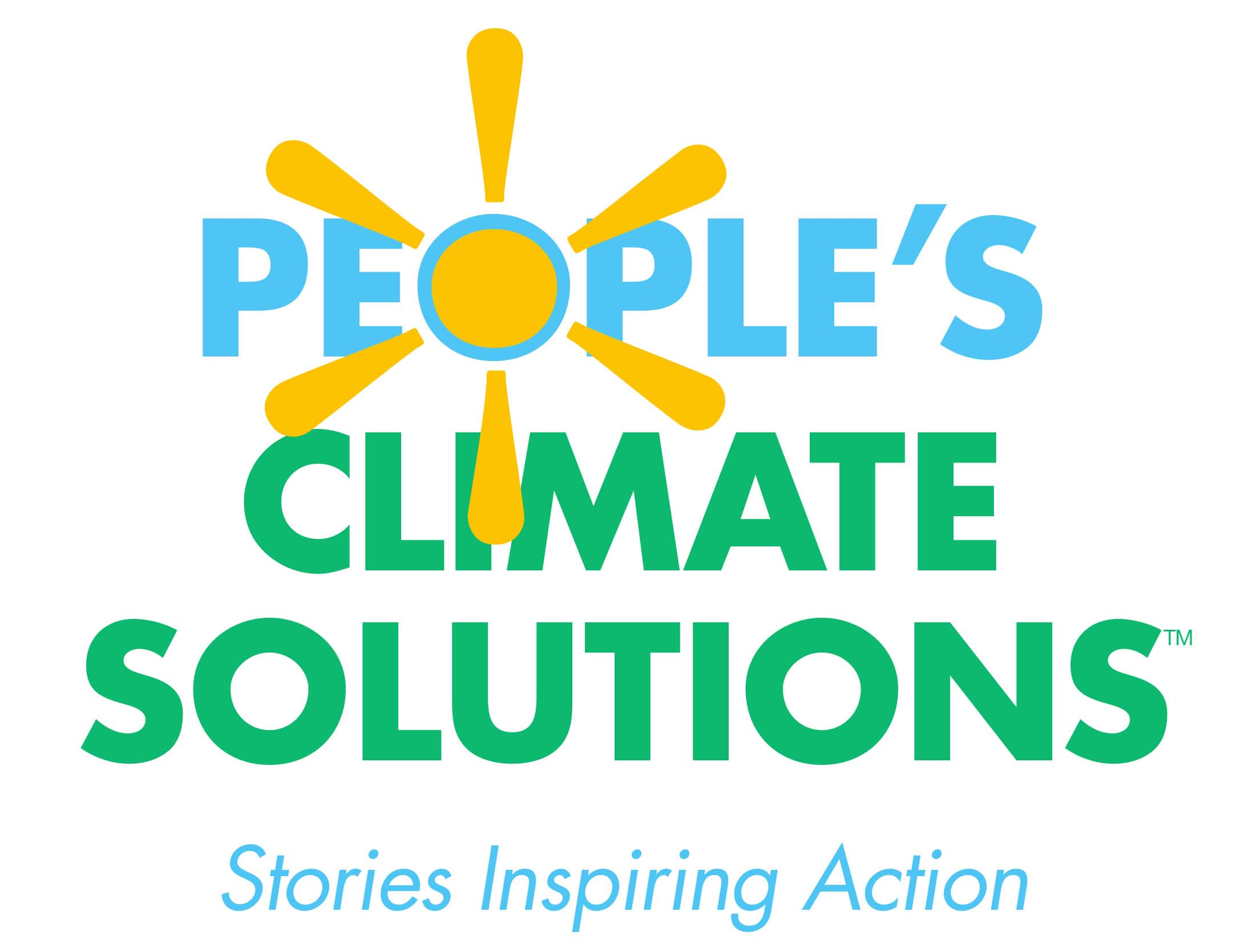We’ve interviewed and documented the work of several faith-based groups across West Virginia that have invested in energy efficiency campaigns and solar power. Our conversations have been both practical and galvanizing. And we learned that there is something special about religious congregations.
Across denominations, faith-based groups have been leaders in advancing sustainable projects. To quote Earth.org, “As stewards of creation with moral authority, they have immense potential to educate and mobilise their members towards environmental activism.” Randy Tremba, pastor of Shepherdstown Presbyterian Church, explained, “The earth and its wondrous web of life is clearly not of our own making. It’s a gift and we know it. Or should. It’s our job to sing its praises, photograph its wonders, and treat it with utmost gratitude and respect. It is sacred. Every step we take is on holy ground.” We saw that sense of responsibility and stewardship in churches from Morgantown to Shephardstown. Talking and writing about faith-based groups has been informative, but even more, inspiring,
The projects all began with lowering costs for the church. Congregations changed light bulbs for LEDs, shared the cost savings, and eventually found themselves investigating and installing solar energy. Boards and green teams communicated regularly with members–sending out information to parishioners and projecting savings.
Along the way, they fostered community support, buy in and at times, excitement. According to Ted Strait at Blessed Sacrament Catholic Church, “we asked, ‘How could we save some money. But over time we started to realize there’s some beyond by just the economics. Starting with upgrading to LED lighting, parishioners helped tear out the old lights sort of like a habitat project, so it got more buy in from the community.’” He continued, “Before we did solar, we emphasized the savings. [We had a] save energy as a lent practice So it became a positive thing you could do for the planet, yourself.”
The groups followed different paths: some worked with solar financing companies, one received funding form the Appalachian Solar Fund and tax credits, others depended on the “generosity of the parishioners.” But they all voiced congregational support, “because of that thing that drives us as believers, how we that influences how we think about the environment, about creation our role of people that have been given this gift but also to pass it on to the next generation and our neighbors.” Paster Tony Sudley, Morgantown’s St. Paul Lutheran Church, continued that he concentrates on stewardship and his members becoming better stewards. He explained, “Environmental stewardship belongs in the ministry. Stewardship is a word people know.”
So what is special about faith-based organizations and climate solutions? Three important factors seem to converge: religious beliefs about stewardship, a tightly bounded community that shares traditions and values, and an ability to finance projects through congregational contributions.


